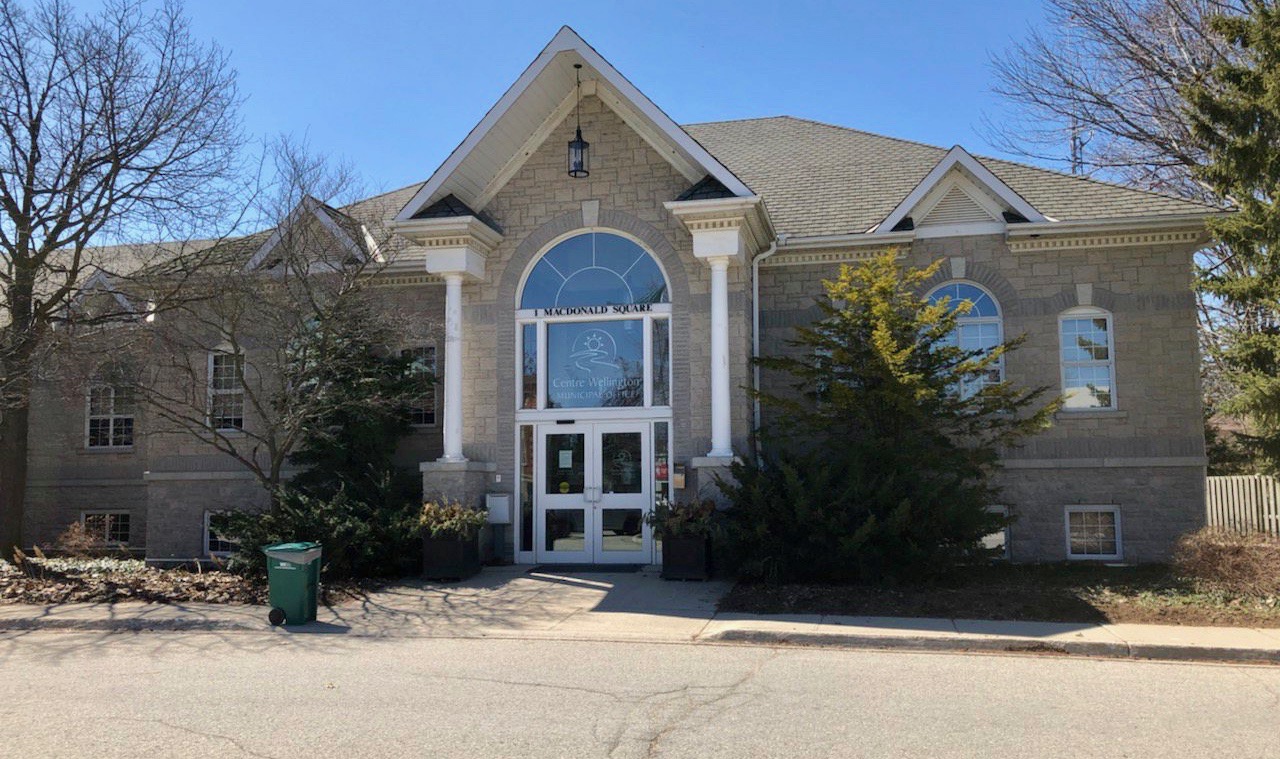CENTRE WELLINGTON – The township will take a regulatory approach to short-term rentals as it tries to balance the need for short-term accommodation for tourists with complaints from residents that it’s “the wild west” in residential neighbourhoods because of the way some Airbnbs operate.
The township retained MacLaren Municipal Consultants to examine the issue and report to council on the best way forward.
Planner Brian Bourns presented his firm’s findings at the Sept. 30 council meeting.
Randy Vaine, a Fergus resident, and Darcy Saunders, a resident in Elora, both delegated to council before Bourns’ presentation.
Vaine said garbage, noise, parking and the number of guests that cram in a rental are prime concerns.
He supports B&Bs (bed and breakfast accommodations, where the owner typically lives in the home) and thinks more hotels would ease the situation immensely.
But “Airbnbs are the wild west of the accommodation industry,” he told council.
“Hosts claim to live in the home but get around it.”
Saunders lived next to an Airbnb in Elora that marketed itself as a place for wedding parties.
The wedding ceremony and reception were usually held at different sites, but the Airbnb was used for the wedding party to get ready and for the after-party.
Saunders said the wedding reception would move to the Airbnb after 11pm. There would be excessive noise, excessive alcohol and sometimes 30 or 40 people partying until the wee hours of the morning.
There would be cars parked on his property, people crossing his lawn, vandalism, disruption and he often felt threatened when confronting the renters.
He called the OPP numerous times. Sometimes they came out. Sometimes they couldn’t.
He called Airbnb itself. “They failed to help us,” he said.
That house was sold this year and is now occupied by a family.
“The whole dynamic of the neighbourhood has changed now,” he said with relief. “But the issue didn’t disappear. It just moved elsewhere.”
He said he hopes regulation will have teeth and that irresponsible owners and renters are penalized heavily when they cause disturbances in a neighbourhood.
Bournes said Saunders’ concerns were captured in workshops and surveys MacLaren conducted since April.
Most survey respondents recognized that short-term accommodation is important to tourism and can be a second source of income for a homeowner.
But they can be disruptive to neighbourhoods and diminish the number of long-term rentals in the community that are also needed.
Bournes said a scan of other municipalities indicates they have dealt with short-term rentals in different ways. Here, according to surveys and workshops, the answer should be through regulation, he said.
Airbnbs should be licensed, should conform to fire, building and property standards, and there should be a demerit system where licenses are revoked based on the number of complaints, he advised.
Bournes said licensing fees should not be onerous for the host but should still cover the administrative costs of the township.
“I suggest you aim to break even with the inspector process and ensure it’s not the taxpayer who regulates short-term rentals,” he said.
He suggested $224 per bedroom or $800 for a whole house. Fines for breaching the bylaw could range from $500 to $1,000 per day for issues that are not addressed promptly.
Councillor Bronwynne Wilton said the matter should go to the economic development and prosperity advisory committee to bring a recommendation to council, and council agreed.
Staff will post Bournes’ report on ConnectCW for additional feedback and forward it to the advisory committee for comment.
And Bournes will commence work on a draft bylaw.




